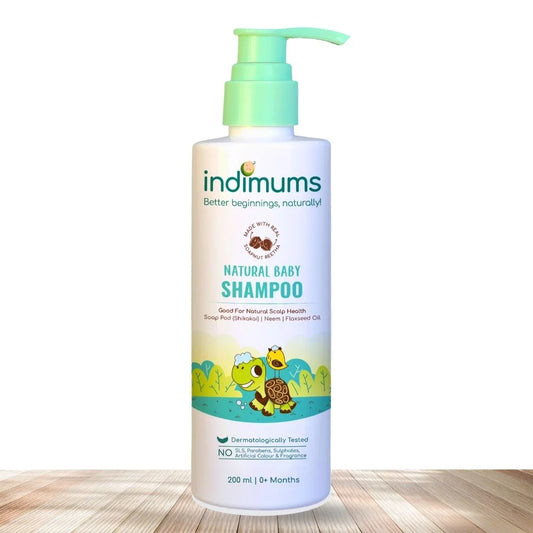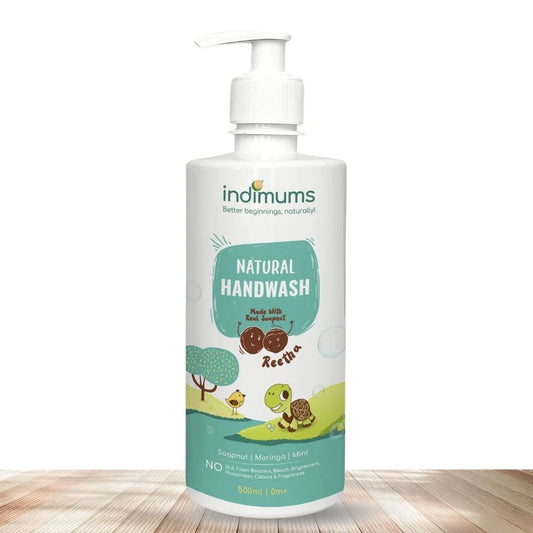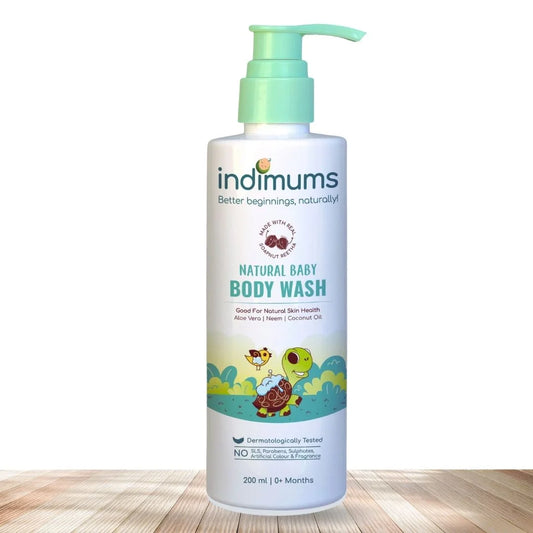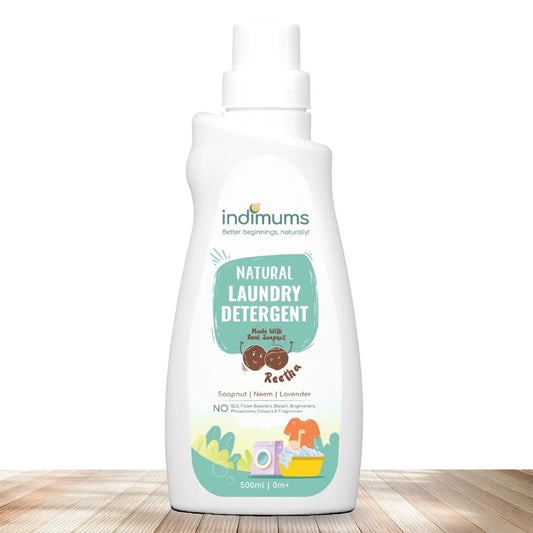In today's rapidly changing world, sustainability and environmental awareness have become paramount concerns. As parents, we have the power to shape our children's futures not only by meeting their needs, but by teaching them the importance of sustainable living. Sustainable parenting is an approach that embraces eco-friendly practices, cost efficiency and thoughtful consumption. By making sustainable choices, we can build a better world for our children and generations to come. This blog explores practical tips and ideas for affordable, green and sustainable parenting, and to rely on eco-friendly products.
Embrace Eco-Friendly Products
Choosing sustainable and eco-friendly products for your children is a great way to start your journey towards a greener future. Look for organic, chemical-free options when it comes to clothing, toys, and personal care products. These items are not only good for your child's health, but also good for the environment. Choose clothes made from organic cotton and bamboo, which are grown without harmful pesticides and use less water. Also look for toys made from recycled materials and sustainable wood. Think about second-hand or well-used items, like you can have preloved, gently used baby items, used baby crib, strollers and baby toys it can also be cost effective for the early parents who look more often like to have used baby products and it also helps both the early parents and empty nesters.
Sustainable parenting doesn't always mean buying new. Many parents embrace the concept of used and gently used baby products, including cribs, strollers and other necessities. By choosing second-hand items, you can reduce waste and breathe new life into those items. Find a local thrift store, consignment shop, or online platform that specializes in buying and selling used baby products. This approach is not only cost-effective, it also reduces the need for new production and minimizes the environmental impact of manufacturing.
Building a sustainable kindergarten
Designing an eco-friendly nursery for your baby can be an exciting and rewarding experience. First, choose low-VOC (volatile organic compound) paints for walls and furniture to reduce indoor air pollution. Choose sustainable and renewable materials like bamboo and reclaimed wood for cribs, changing tables and shelves. Use energy efficient lighting and consider using natural light whenever possible. Decorate with curtains made from non-toxic organic linen and sustainable fabrics. Practice changing cloth diapers.
Disposable diapers have a significant impact on the environment, contribute to landfills and take hundreds of years to decompose. Cloth diapers offer a more sustainable alternative. Cloth diapers these days are easy to use, inexpensive, and come in a variety of styles depending on your preference. Choosing cloth diapers can significantly reduce your environmental footprint while also saving you money in the long run.
Focus on minimalism and conscious consumption
In a world where excess is often encouraged, teaching children the value of minimalism and mindful consumption can be very helpful. Encourage your children to value experiences rather than material possessions. What is the importance of reusing, reusing and recycling? Engage them in cleanup activities and show the impact of their actions. Instilling these values early on will help shape future generations that are conscious of their impact on the planet.
Final words

Sustainable parenting is more than just making eco-friendly choices. It's a mindset that prioritizes the well-being of our children and the world they inherit. By using eco-friendly products, choosing used and gently used items, establishing sustainable nurseries, practicing cloth diapering, and emphasizing minimalism and conscious consumption, we help children We can raise our children to be environmentally friendly. These choices not only benefit the environment, but also provide cost-effective solutions for parents we can do it together.




